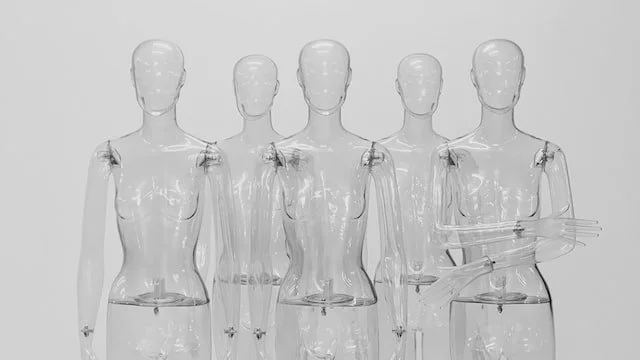The rise of reality TV and then social media has radically increased transparency. Team Transparency has rallied around #nofilter selfies and sharing even the frustrating and discouraging parts of life. Team Self-Respect has rallied around calls for decency and the need for some last bastion of privacy. Team Transparency has attacked Team Self-Respect for their filtered and prettied-up lives, for mushy posts about significant others, and for bragging about their kids. Team Self-Respect has attacked Team Transparency for their self-importance and oversharing about bad bosses and relationships, and shaming their spouses and children.
So, which team is right? Should we be transparent?














